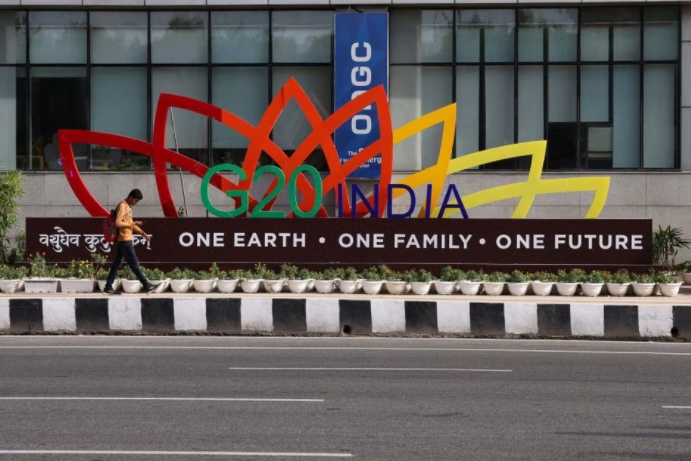As a result of the G20 summit in New Delhi, the participating countries were able to reach consensus on the war in Ukraine. The joint declaration also reaffirmed the group’s commitment to debt relief and climate finance in the South. However, there was little progress on other global issues, according to World Politics Review.
The organization of the G-20 summit in New Delhi further strengthened India’s central place in global politics and multilateralism and capped a year in which Prime Minister Narendra Modi bolstered his image and that of the country abroad, including high-profile visits to the United States and France. However, this image-building has managed to hide a number of India’s significant shortcomings. For example, it is the country’s illiberal slide under Modi, whose Hindu nationalism has increased divisions within the country. Also, in an attempt to create a better image for New Delhi, India’s poorest people were hidden from view during the summit.
The summit declaration addressed climate financing for the South and debt relief. These issues are priorities for India during its presidency of the G-20. Thus, the increasingly prominent role of Southern needs in multilateralism was emphasized, as well as the extent to which multilateralism is becoming “multipolar.” This time, however, the G-20 discussed more the war in Ukraine, as well as several side agreements explicitly directed against China. Thus, the G-20 has partly transformed from a platform for collective action to address global issues into an arena of geopolitical competition.
India and Vietnam continue to strengthen their ties with the United States at an unprecedented pace, largely due to concerns about China’s regional ambitions. This is evidenced by U.S. President Joe Biden’s bilateral meeting with Modi in New Delhi and his ongoing visit to Hanoi. But even as they strengthen relations with Washington, these states are not necessarily joining the U.S. in its rivalry with China and Russia, nor are they weakening ties with Beijing and Moscow.
